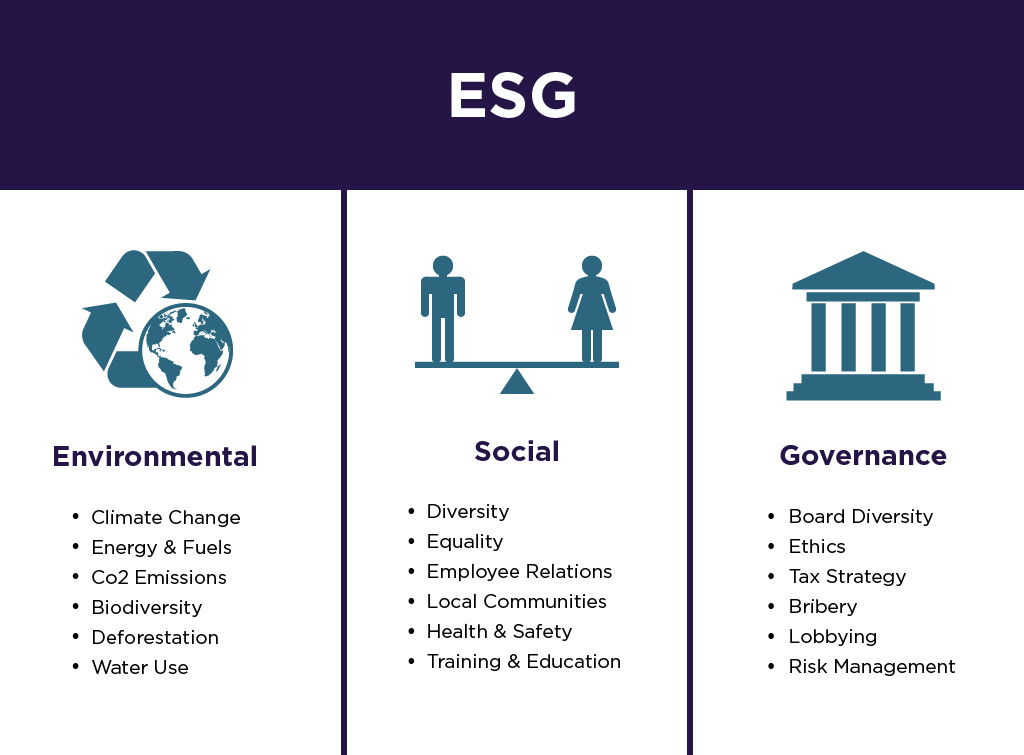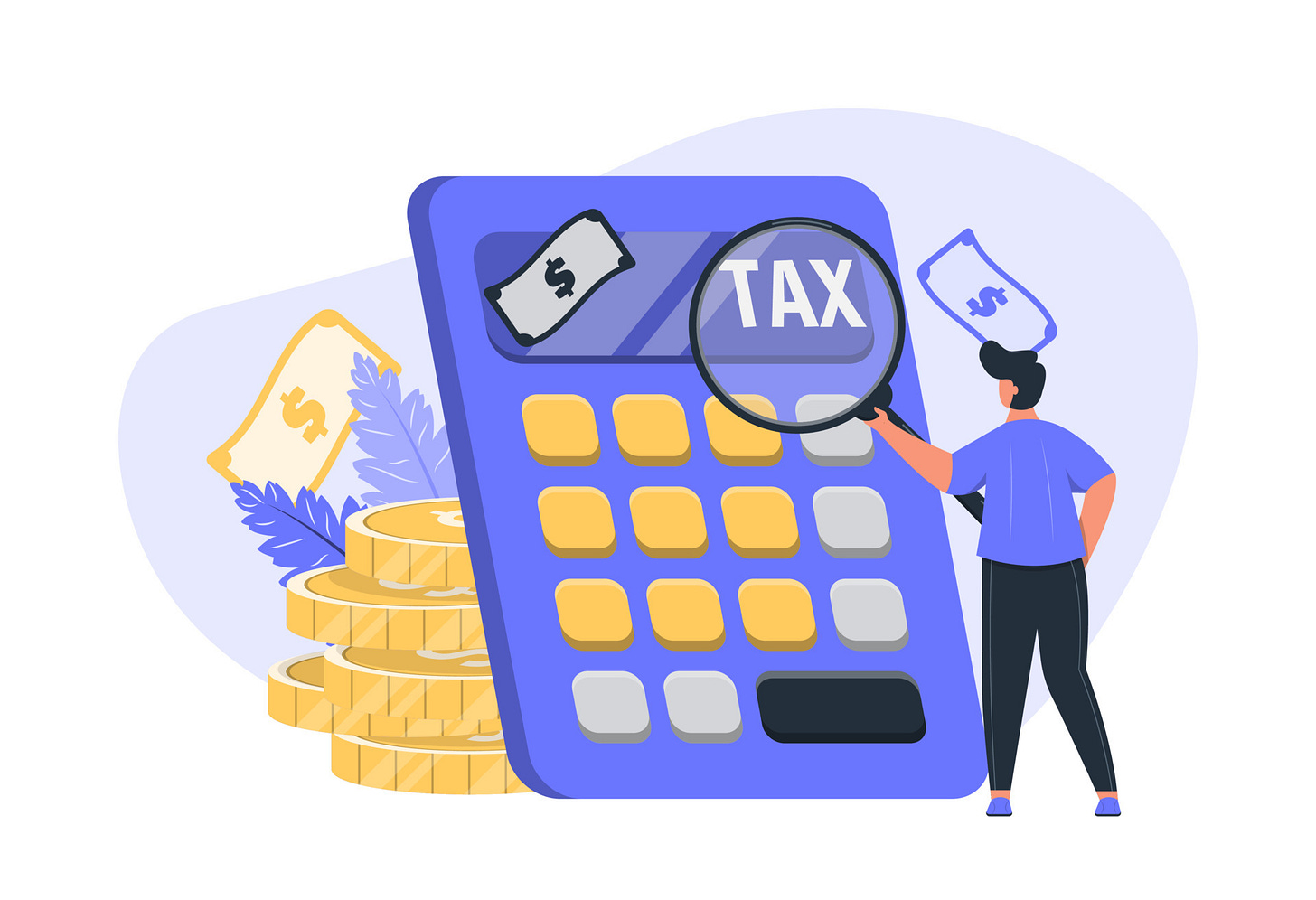Boring week, eh? It was to a degree but there’s always something to learn. I’ll bring a little of what crossed my eyes and ears on Sunday so stay tuned. In the interim sign up and join The Ticker. Our $99 “introductory offer” expires this Saturday, June 22nd at midnight. Take advantage and receive more than $1,000 of value for just $99. Follow me firsthand as I “talk shop” on the website. It’s always good to listen to what others think and I think out loud there.
That’s why I use ETFs as well. The “big boys” that run the biggest and best ETFs are smarter and better informed than I am. All I have to do is decide which, of the many ETFs, is best for me to invest in at any given time. I stay away from the smaller ETFs. You should too. Give me liquidity. When I want to get out of a “position”, I want to know it’s possible without difficulty. So why are ETFs so important in today’s world?
ETFs Work For Everyone
Funds are great investment vehicles. Here’s a couple reasons why:
ETFs offer diversification by investing in securities across multiple sectors and companies. This reduces the risk associated with individual investments.
ETFs provide an exposure to the overall performance of the market. They permit investors to participate in the general upward movement of the stock market.
ETFs are for long-term investors who seek broad-based exposure aligning returns with market performance.
There are many ETFs to choose from. Here are a couple of ETF types to investigate:
Equity ETFs invest in stocks or equity securities. They usually focus on specific geographic regions, market sectors, market capitalization, or investment styles.
Bond ETFs invest in “fixed income” securities, government, corporate, municipal or treasury bonds. They are often categorized by the duration of the bonds, credit quality, or specific bond market segments.
Commodity ETFs track the price of various commodities, gold, silver, oil, natural gas, or agricultural products. ETFs may invest directly in physical commodities or use derivatives to gain exposure.
Currency ETFs provide exposure to foreign currencies. They allow all investors to invest in or hedge against fluctuations in currency exchange rates. Currency ETFs can be used to diversify currency exposure or speculate on currency movements.
Real Estate ETFs usually invest in “REITs”, real estate investment trusts, or other real estate-related securities. They provide exposure to actual real estate markets, including residential, commercial, or industrial properties.
Sector ETFs focus on specific sectors, technology, healthcare, financial services, energy, consumer goods, or others based on investment preferences or market outlook.
Index ETFs aim to replicate the performance of a specific index, such as the S&P 500, Dow Jones Industrial Average, or Nasdaq Composite. They hold portfolios of securities that match the composition and weightings of the tracked index.
Style ETFs focus on specific investment styles, growth, or value. Growth ETFs invest in stocks with above-average growth rates; value ETFs invest in companies considered undervalued relative to intrinsic worth.
Multi-asset ETFs invest in a diversified portfolio of many different assets, stocks, bonds, commodities, and cash. This provides a simple solution for broad-based diversification across asset classes.
Leveraged ETFs magnify daily returns of an underlying index or asset class, using derivatives and margins. Inverse ETFs deliver the exact opposite performance of underlying indices or assets to profit from declining markets.
That is a pretty exhaustive list but there’s more. Remember, stick only with the “big boys” as they usually have the best analysts on board and they’re liquid. I’ll talk later about the ETFs I hold in the portfolio. While that is subject to change, for certain I’ll be able to sell covered calls against my ETFs in the “blink of an eye”. It’s important to have this ability as selling covered calls is always part of my strategy.
In today’s world, notice has been delivered by the “woke” community and those who manage ETFs have listened. ESG stands for Environmental, Social, and Governance. These ETFs invest in companies exhibiting very strong environmental, social, and governance practices incorporating ESG factors into their investment process. These ETFs typically use a rules-based approach to select and weigh securities based on their ESG performance. They consider issues like carbon emissions, resource usage, labor practices, board diversity, ethical business conduct, and other sustainability criteria. ESG-focused ETFs allow alignment to investments with personal values and sustainability goals in the selection process.
Thematic ETFs offer the opportunity to invest based on a particular theme often like climate change or artificial intelligence. The ETF holds companies that benefit from that thematic trend. Thematic ETFs provide targeted exposure to specific investment themes or trends that will drive future growth. They hold a “diversified” portfolio of companies in the selected theme, reducing concentration risk.
What About Taxes
ETFs have a greater tax “efficiency” versus mutual funds due to their structure. ETFs are traded on exchanges like stocks, allowing investors to buy and sell shares all day long. If an ETF investor sells their shares, they incur capital gains or losses. ETFs use an in-kind creation and redemption process, where authorized participants exchange a “basket of securities” for shares of the ETF or vice versa. This process can help ETFs minimize capital gains distributions.
High portfolio turnover leads to increased capital gains distributions. Mutual funds buy and sell securities that generate capital gains passed on to shareholders. ETFs having a low portfolio turnover have fewer capital gains distributions, reducing the tax impact. ETFs and mutual funds distribute capital gains. These distributions are taxable to investors, whether reinvested or received in cash. Consider your timing to avoid purchasing before a significant capital gains distribution.
ETFs and mutual funds distribute dividends from the underlying securities in their portfolios. These dividends can be subject to different tax rates, qualified dividend rates, or ordinary income rates. The choice is yours. Choose carefully.
So What’s In My “Basket” & Why
I’m an open book. I’m also boring, consistent, and anything but a bona fide speculator. In many of my prior articles, I’ve spoken of my positions. I’m long the U.S. treasuries and I’ve used two ETFs to accomplish that, GOVT and TLT. Sector-wise I’m a longer-term buyer of specific ETFs that provide a better mix of the industries I think are a bit undervalued. I own both stocks that fit those parameters and the ETF of energy, XLE. I like a couple of large biotechs as well but when it comes to this industry, analysts are better at picking winners than I am so XBI is in my managed Roth IRA accounts.
When it comes to “futures” contracts and general cash management, I’ll handle those myself. There are many ETFs out there for you to choose from but trading futures, on a seasonal basis, is my life. I’m boring to a degree. When it comes to the “future” side of the trading world, I’m in charge. If you are a member of The Ticker you know that I’m always talking about what I’m doing as I do it.
Join Us At The Ticker
By the time you read Sunday’s Substack article, our introductory $99 offer to join us at The Ticker will be history. Take advantage before it’s too late. The offer ends Saturday at midnight. Prices go back up once that happens so jump on board now. You will be glad you did. Any problems signing up let me know by email.
The Ticker has been designed to teach. It took time to get to this education level and it has taken time to assemble how it’s provided. Embarking on such an endeavor takes time. We happily put it in as Crosby, Stills, and Nash sang in “Teach Your Children”. It is a full-time job and the tens of thousands of you following us makes it worthwhile. Join us on The Ticker and you’ll get more regular updates. In other words, as I make my investment, trading, and hedging decisions you’ll know. If I unearth what someone says you’ll hear it. The Ticker is worth its “weight in gold” so join us and thanks.








